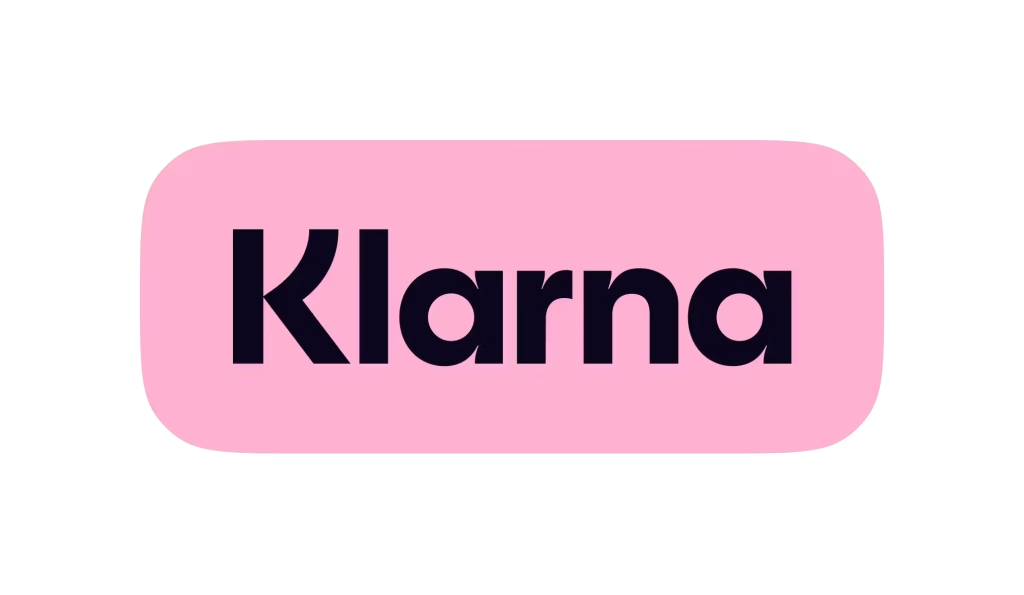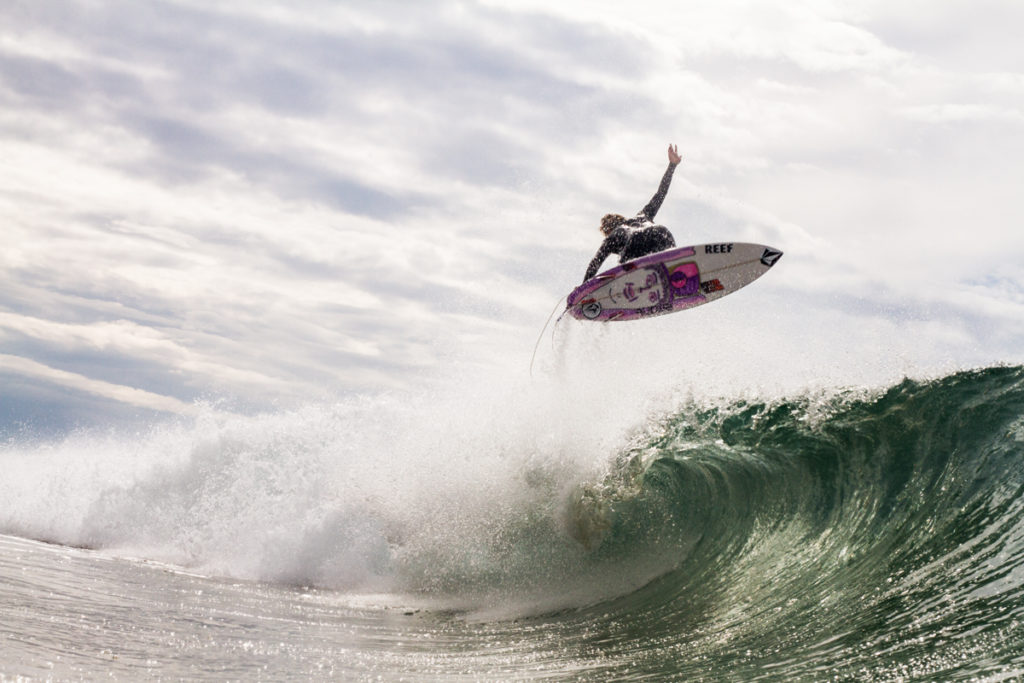Buy Now, Pay Later

Free Surfboard Advice
Customer Service 9am - 5pm (UK)
Trusted by Pyzel

At the Ocean Magic HQ, we combine the very latest shaping technology with the skills of master craftsmen at the heart of the UK surfing scene in Newquay.
Led by professional shaper surfer Nigel Semmens, we create awesome surfboards for UK waves and global adventures.
Surfboard advice from professional surfers and professional shapers so you get a bespoke board built with you in mind.
Ocean Magic is the only UK manufacturer trusted by worldwide brands including Pyzel, Aipa, and Mark Phipps, supplying the best surf shops over GB & NI.
The size of the surfboard you should get depends on various factors including your skill level, height, weight, and the types of waves you plan to surf. Generally, beginners should opt for larger, wider, and thicker boards for stability and ease in catching waves. Intermediate and advanced surfers might prefer shorter, narrower boards for better manoeuvrability.
Waxing a surfboard involves cleaning off old wax, applying a base coat for foundation, and then adding a top coat suitable for the water temperature. The top coat is applied in different directions to create a textured grip. Regular reapplication is necessary for maintaining grip.
Surfboards are typically made from a core of either polyurethane or expanded polystyrene foam, then covered with layers of fibreglass cloth and sealed with resin. Some modern surfboards also use materials like epoxy or carbon fibre for added strength and durability. The choice of materials affects the board's performance, weight, and durability.
The cost of a surfboard varies based on factors like type, materials, brand, and craftsmanship. Beginner boards are generally more affordable, while advanced, custom-made boards tend to be costlier. The choice of board depends on the surfer's skill level, style, and the waves they intend to ride. Quality, durability, and design intricacy also play significant roles in determining the price.
To determine if your surfboard might not be the right fit, consider factors like difficulty in catching waves, feeling unstable or overly buoyant, and struggling with maneuverability. If you're consistently missing waves, the board might be too small or not have enough volume for your weight. If it feels too wobbly, it might be too narrow or too advanced for your skill level. A board that's hard to control could be too long or have the wrong fin setup for your style.
© 2024 Ocean Magic – The Factory. All rights reserved. Company Number: 04664716. VAT Registered 807 8508 12

Get 10% off your first order!
Join the Lineup!